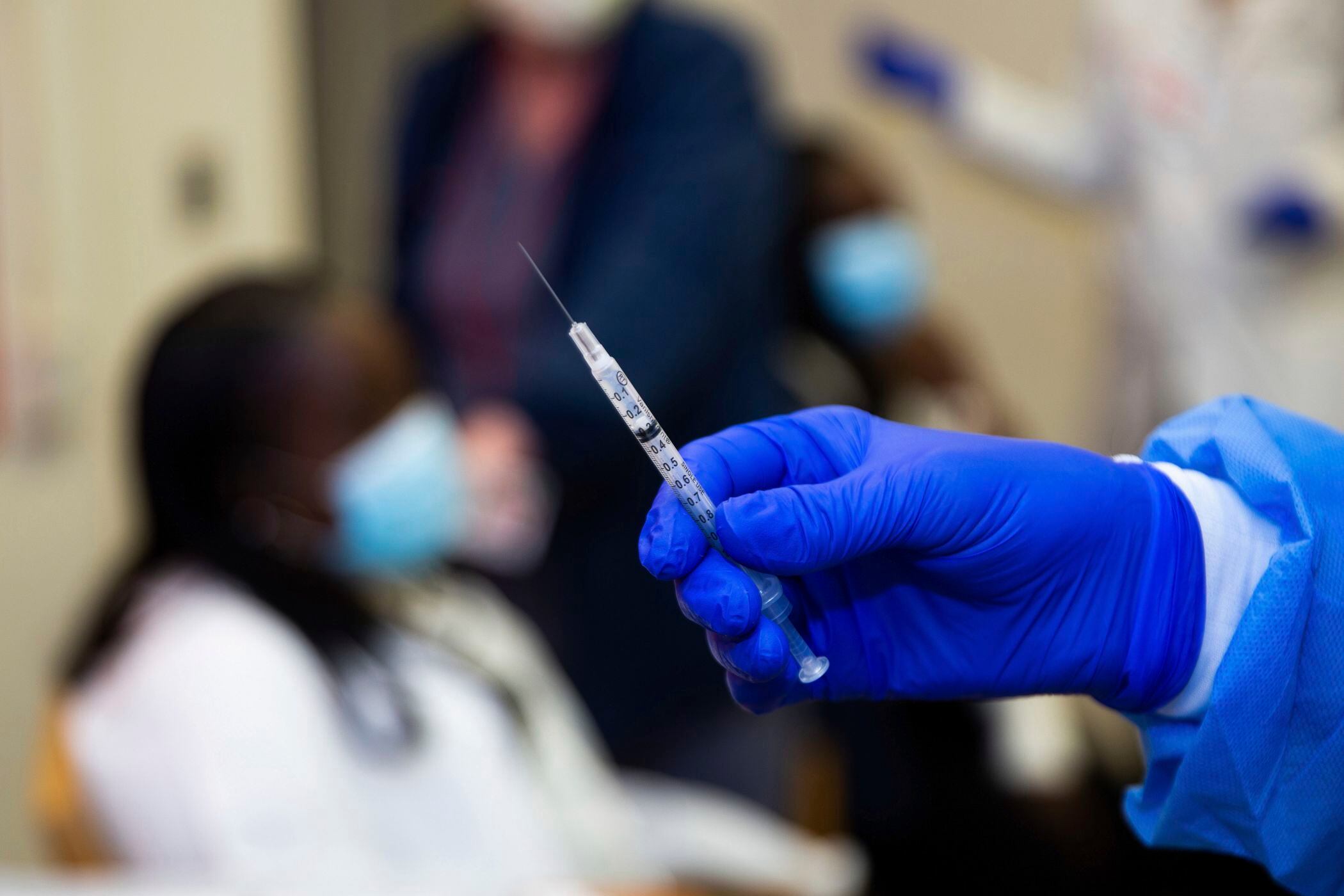From Wall Street to Silicon Valley, these are the top stories that moved markets and had investors, business leaders, and entrepreneurs talking this week on Cheddar.
WINNING WEEK
U.S. markets had their worst start to a year since 2016 and ended up at record highs. Such is the state of the stock market in the middle of a harrowing pandemic and tumultuous presidential transition period. The fear amongst many investors had been that a Biden administration, coupled with Democratic control of both chambers of Congress, would lead to more regulation and corporate tax hikes. But when the Democrats swept the Senate runoffs in Georgia — ensuring the party would control the levers of power in Washington for at least the next two years — a different viewpoint came into relief: the likelihood of more stimulus and spending for an economy that continues to reel from the effects of COVID-19. The labor market lost 140,000 jobs in December, the first monthly drop since April. The consensus estimate had been for a modest 50,000 job gain.
BITCOIN KEEPS GOING
Bitcoin blasted through $40,000, continuing a remarkable bull run that has seen the digital coin double its value in less than a month, hitting new all-time highs along the way. The story remains the same: large, institutional investors are warming to cryptocurrency in general — but Bitcoin in particular — as a hedge against inflation, and retail investors keep piling in. Unlike fiat currencies like the U.S. dollar, there’s a ceiling on how many coins can be “printed” (at least under its current programming). That is attractive to investors concerned that Democratic control of Washington is going to make the Fed’s money printer go brrr and devalue the dollar. JPMorgan, whose CEO once called Bitcoin a “fraud,” said the cryptocurrency could rise as high as $146,000, but warned that a surge like that would be “unsustainable.”
MUSK ON TOP
Elon Musk is now the richest person in the world. Musk, whose wealth is almost entirely tied up in Tesla stock, surpassed Amazon’s Jeff Bezos to take the mantle as Tesla shares lept 8 percent on Thursday, part of a rally that’s been going on for two weeks now. Musk’s net worth was “just” $27 billion this time last year; his rise to the top of the world’s richest list is the fastest of anyone in history. As for Tesla, the electric car maker has surpassed $800 billion in market cap; it’s worth more than Facebook, not to mention the world’s nine largest automakers combined.
VACCINE LATEST
UK regulators approved the Moderna coronavirus vaccine, giving the country a much-needed third shot as it deals with an out-of-control outbreak that is being fueled by a new highly-contagious variant of COVID-19. The EU approved the shot, too, sending Moderna shares higher. Pfizer said its internal research suggests that its vaccine, developed in partnership with BioNTech, should inoculate against both the variant in Britain as well as the one in South Africa, which immunologists have worried carries a greater risk of bypassing the vaccination. Vaccinations are beginning to ramp up around the world (another reason the market rally keeps going); the U.S. administered more than 700,000 shots between Wednesday and Thursday, still at a slower rate than is needed but the highest level by far since the first shots were approved nearly a month ago.
THE SPAC IS BACK
SoFi, the fintech-backed lending firm, is going public via a reverse merger with the blank-check company Social Capital Hedosophia. SCH previously took Opendoor and Virgin Galactic public using the same vehicle, designed to avoid the typical IPO process and the headaches that come with it. The deal values SoFi at about $8.7 billion and will give the company cash to pay back the debt it incurred when it bought the payments processor Galileo last year. SoFi has said it's been seeing huge growth in its home refi business, thanks to the low interest rate environment, as well as its investment products.













